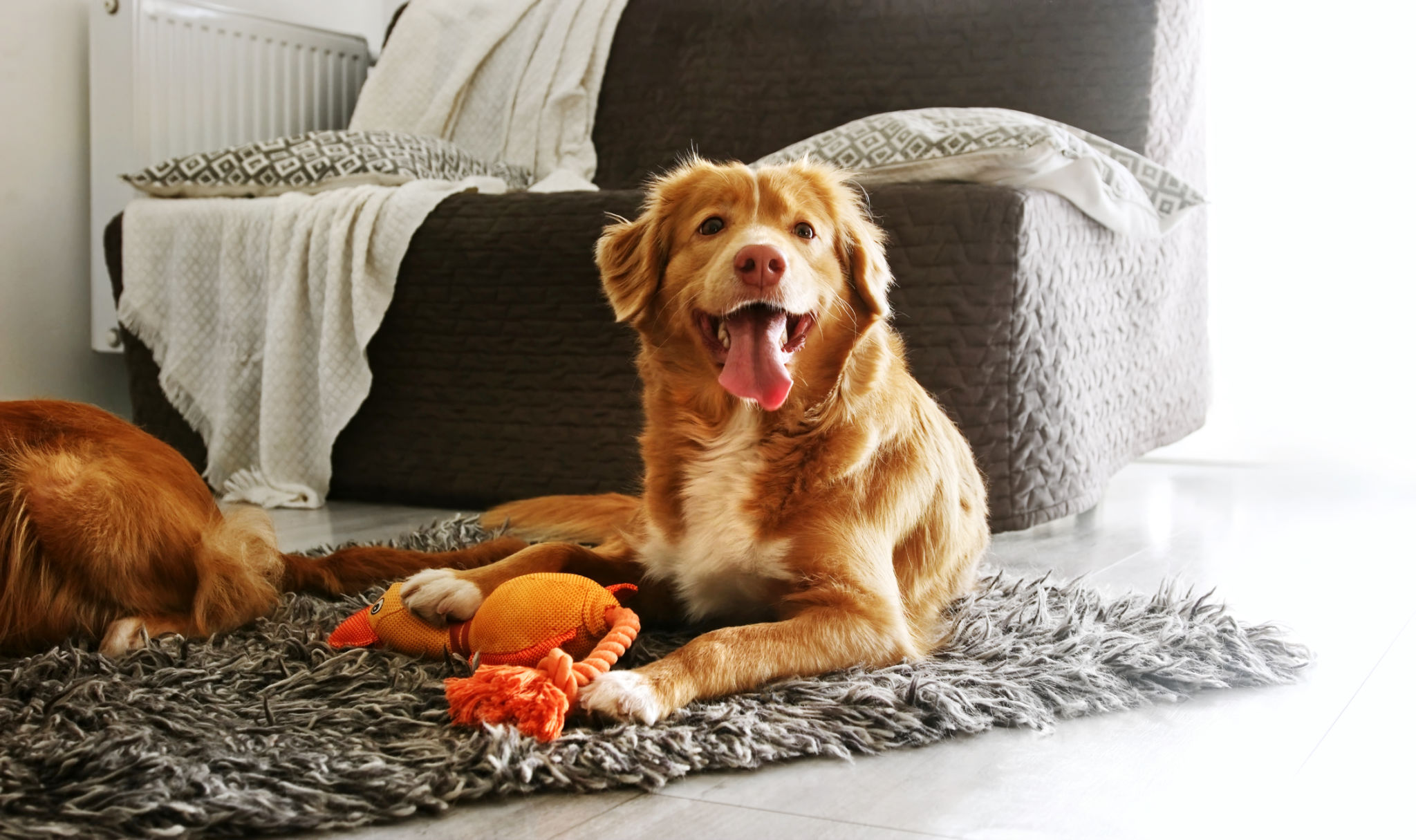Top 5 Essential Life Skills Every Dog Needs
The Importance of Life Skills for Dogs
Just like humans, dogs benefit greatly from learning essential life skills. These skills not only help them navigate their environment but also ensure they live happy, healthy lives. While some dogs naturally pick up on certain behaviors, others may need more guidance. The key is consistent training and positive reinforcement.
Understanding what skills are crucial for your furry friend can be the difference between a well-adjusted pet and a problematic one. Here, we'll delve into the top five essential life skills every dog needs to thrive.

Basic Obedience
Commands
Basic obedience is the foundation of any dog's training. Commands like "sit," "stay," "come," and "leave it" are essential not only for your dog's safety but also for creating a harmonious relationship between you and your pet. These commands can prevent accidents and help manage unwanted behaviors.
Consistency
When teaching these commands, consistency is key. Use the same words and signals each time, rewarding your dog with treats or affection when they respond correctly. Over time, your dog will learn to associate the command with the desired action.
Socialization
Meeting New People and Animals
Socialization is crucial for preventing fear-based aggression and anxiety. Exposing your dog to new people, animals, and environments helps them become well-rounded and adaptable. Start socialization early in puppyhood, but remember, older dogs can also benefit from these experiences.

Positive Experiences
Ensure that these interactions are positive. Reward your dog for calm behavior and gradually introduce them to different scenarios. This will help them build confidence and reduce anxiety in unfamiliar situations.
House Training
Consistency and Patience
House training is one of the most important skills for any dog. A consistent schedule helps your dog understand where they should relieve themselves. Be patient and give plenty of praise when they get it right.
Avoid Punishment
Avoid harsh punishments if accidents occur, as this can create anxiety and confusion. Instead, focus on rewarding positive behavior to encourage continued success in house training.

Leash Training
Walking on a Leash
Walking on a leash without pulling is a skill that enhances your dog's outdoor experiences and ensures safety. Begin training by allowing your dog to wear the leash around the house before venturing outside. Reward them for walking calmly beside you.
Using Proper Equipment
Invest in a comfortable harness or collar, and use treats or toys as incentives for good leash behavior. Consistent practice will lead to enjoyable walks for both you and your dog.
Mental Stimulation
Interactive Games
Mental stimulation is just as important as physical exercise for a dog's well-being. Interactive games, puzzle toys, and training sessions keep their minds sharp and prevent boredom-related behaviors such as chewing or excessive barking.
Training Sessions
Incorporate short training sessions into your dog's daily routine to reinforce learned skills and introduce new challenges. This not only stimulates their mind but also strengthens the bond between you and your pet.
By focusing on these essential life skills, you ensure that your dog is well-prepared to handle various aspects of daily life, making them a happier and more confident companion.